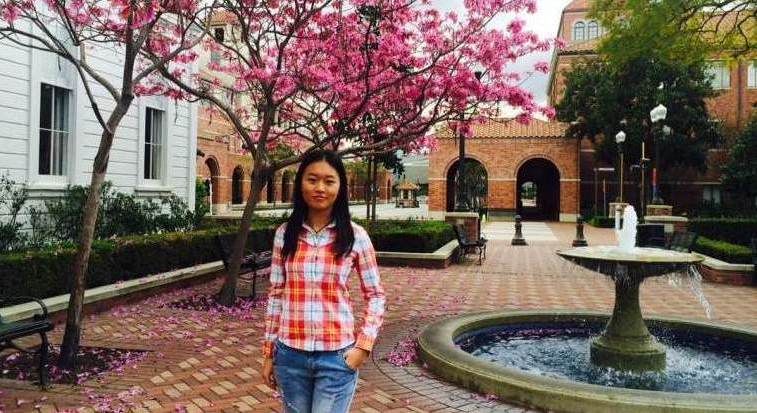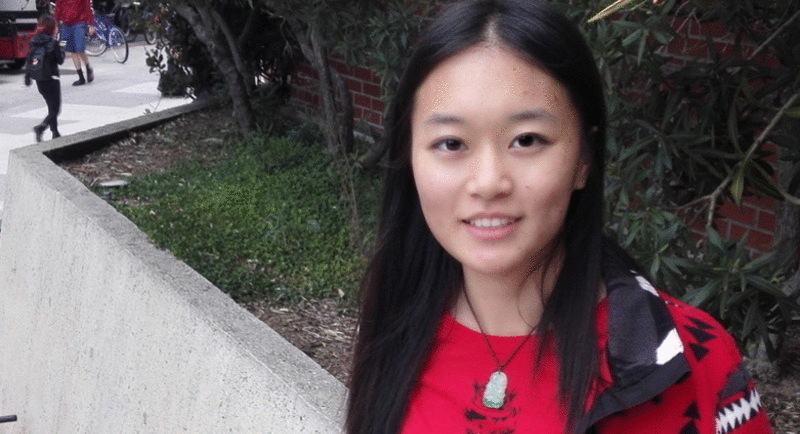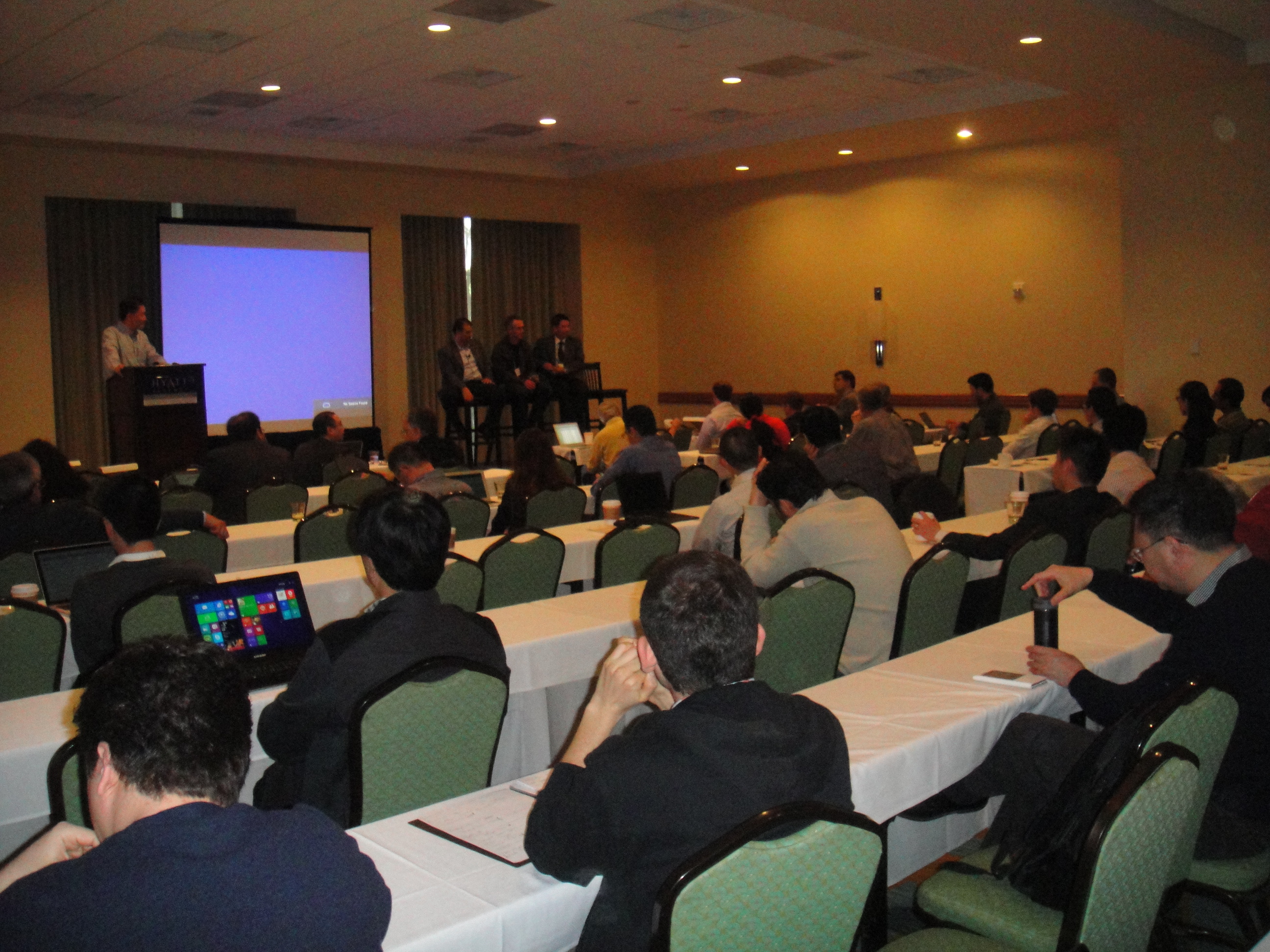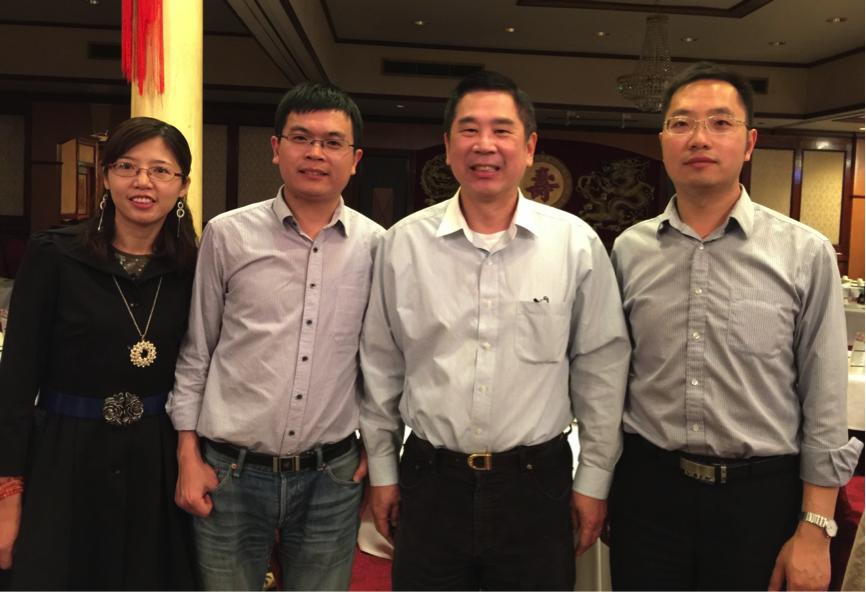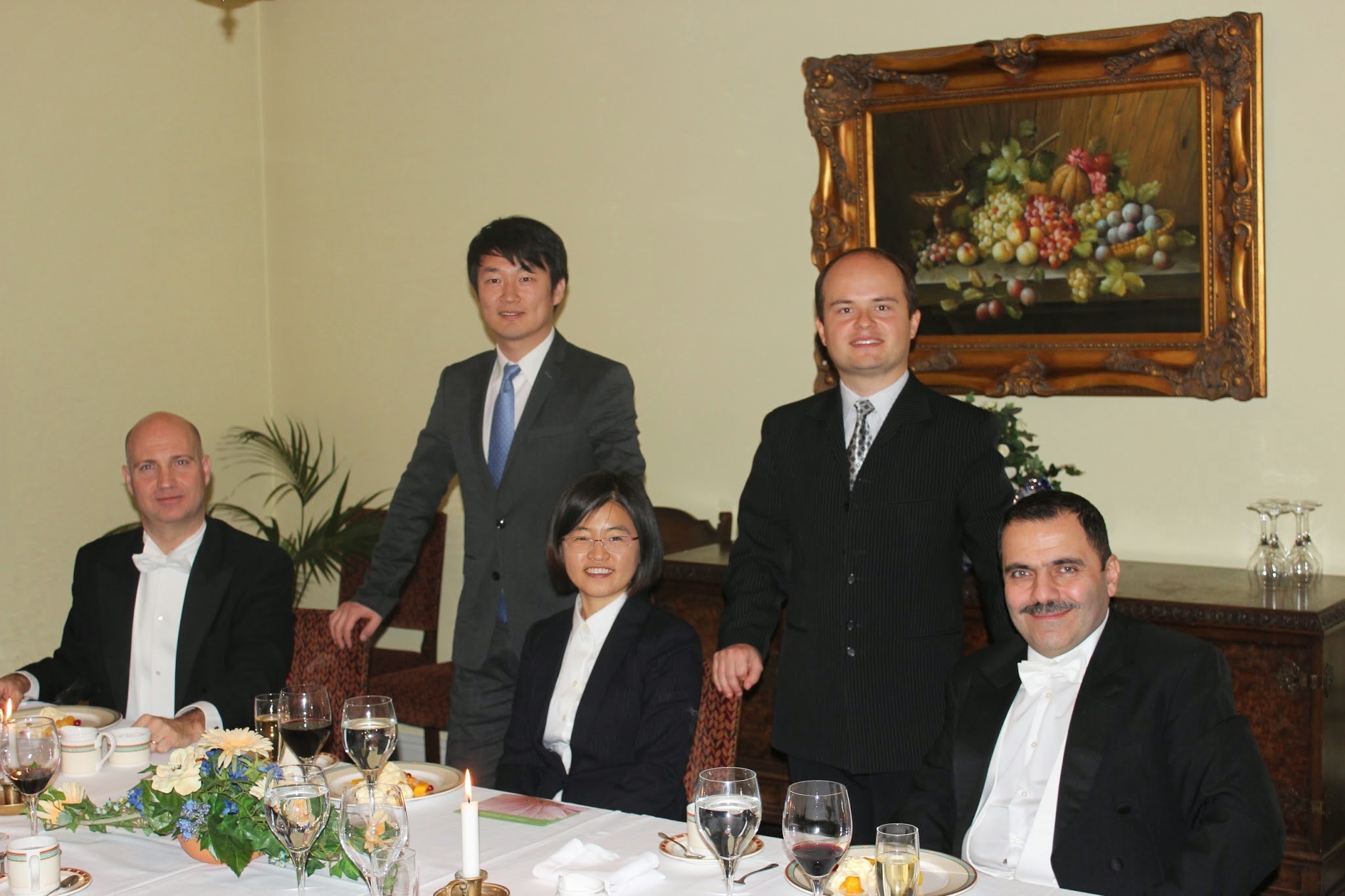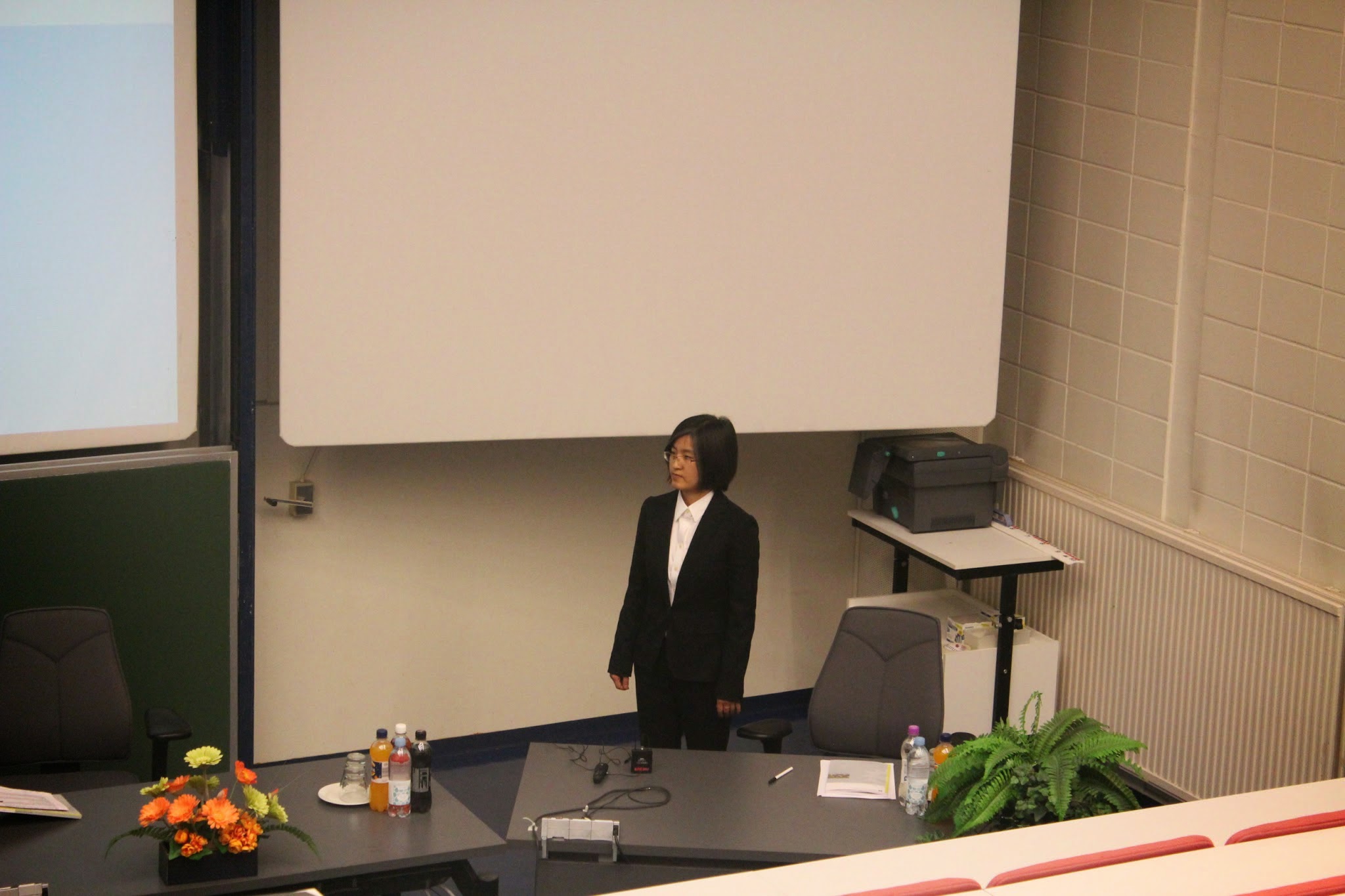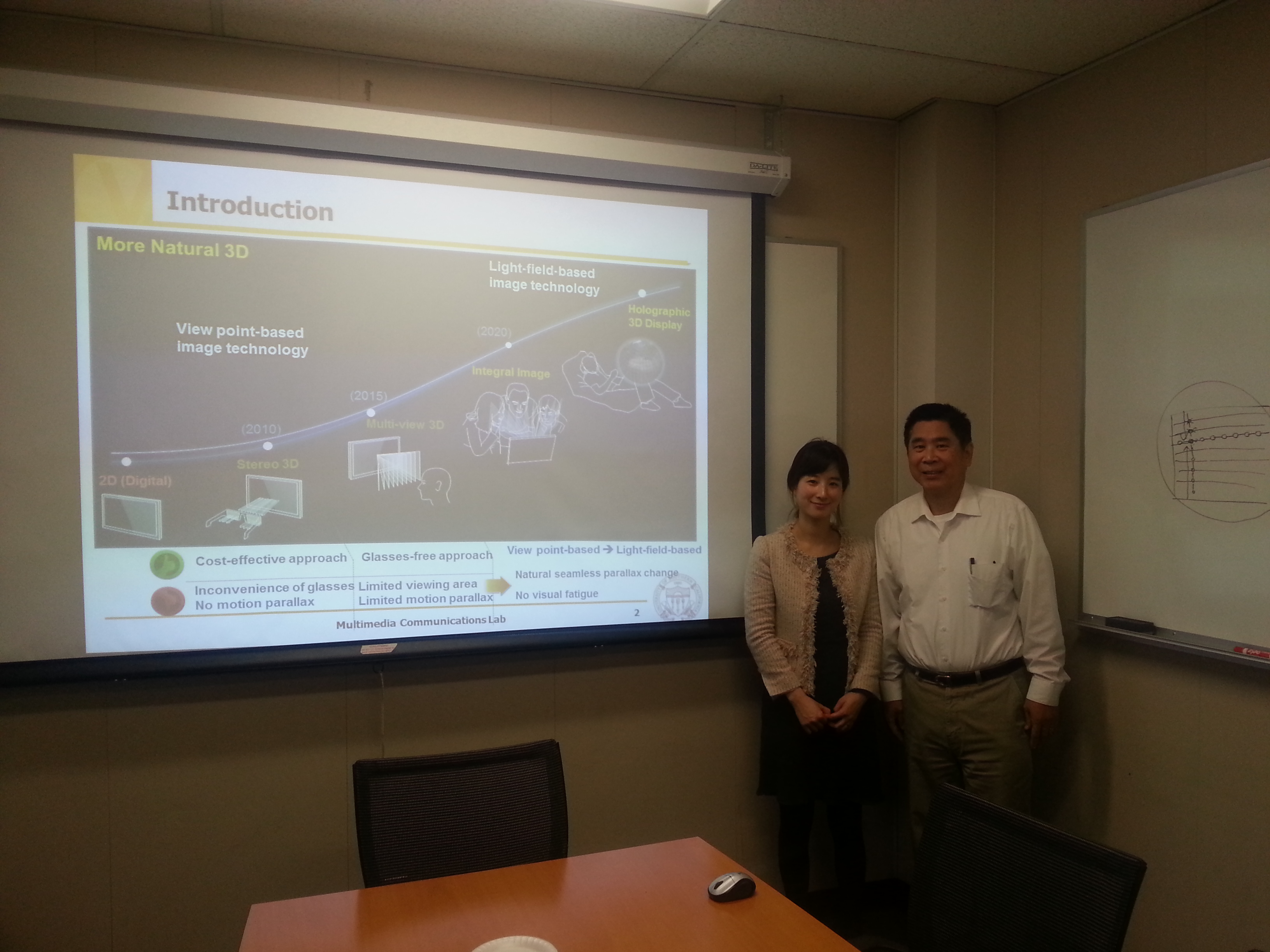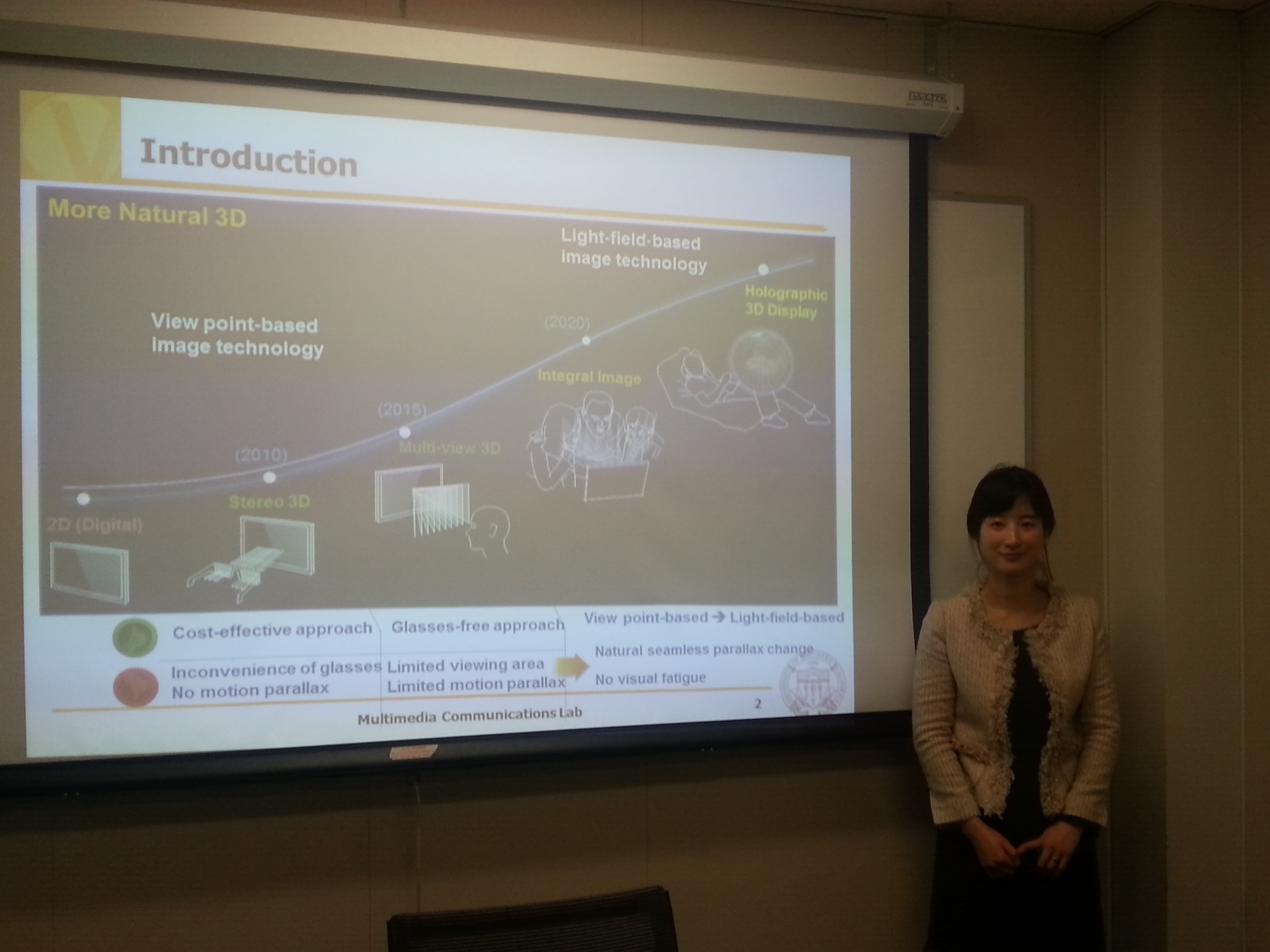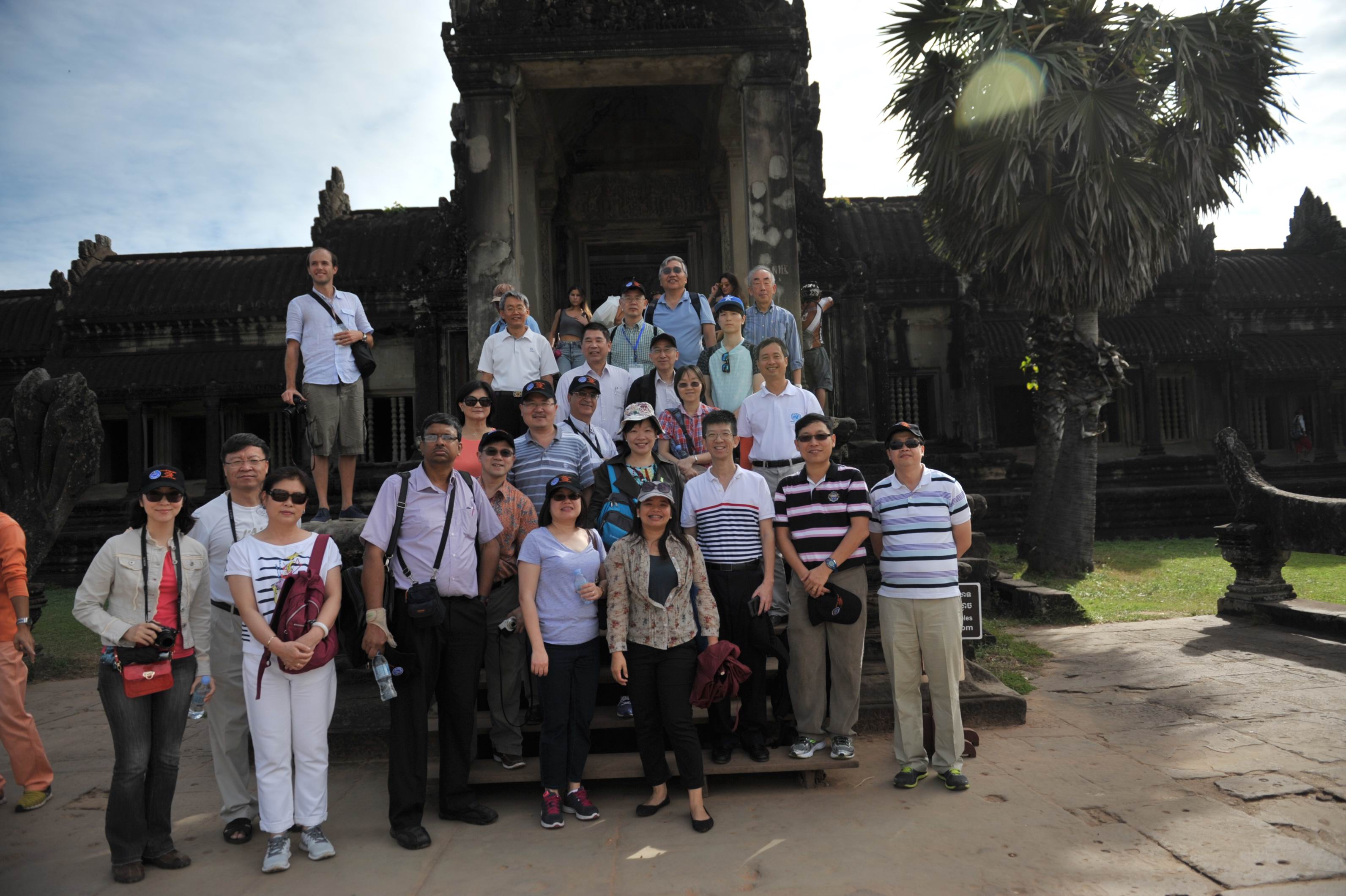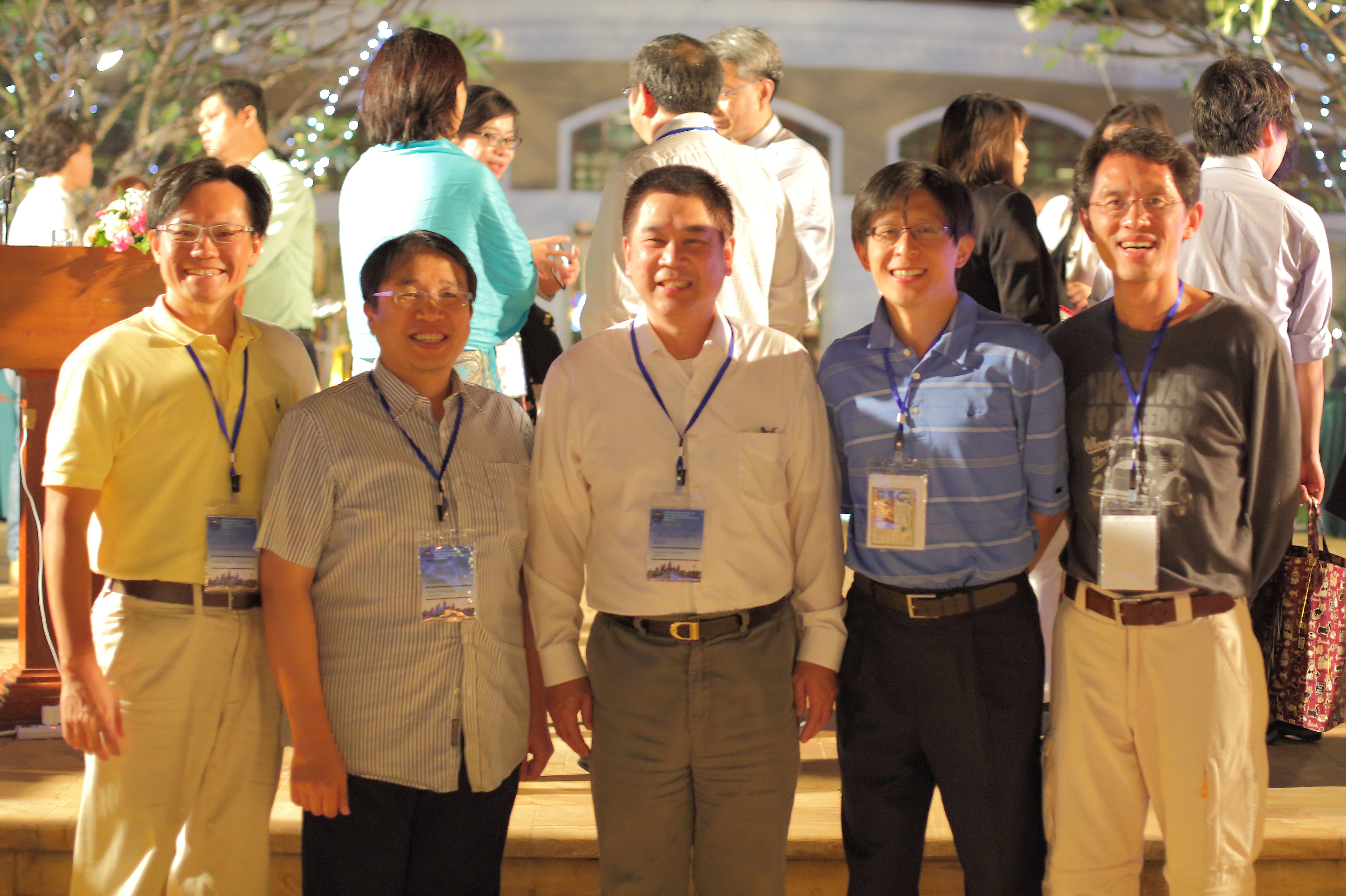Welcome new lab assistant in MCLab – Yifang Chen
In 2015 Spring semester, Yifang Chen is our new lab assistant in MCLab. She is a freshman and shows strong curiosity about how academic research works. We have an interview with her, talking about herself and her thoughts on USC and MCLab.
1. What is your first impression of USC and MCLab?
USC is much better than I expect. Every EE professor here cares much about students, not only in academic aspect but also in professional and personal interest aspects. People here are passionate. Actually it is hard to be depressed in such bright sunshine. This kind of environment always encourages me to try as best as I can.
As for MCLab, I actually was nervous before emailing Professor Kuo and seeing Eddy and Joe. However, after that, I find that everyone is kind and willing to help me. I feel I am lucky and hope I can insist on working in the lab. And I believe working with these intelligent and helpful lab members will definitely benefit me a lot in my future academic endeavor.
2. What makes you want to know more about research?
When I attended IEEE at USC, I listened to some research presentations given by junior students – one was about signal and astronomy. Although I could not understand very well, I felt these researches were really fascinating, so they advised me to contact some professors.
To be honest, it is hard for an international student and freshman to start signal processing related study independently but I do want to challenge myself in this area, so I think maybe I could join a research group and prepare for my graduate study.
3. What do you want to learn from working with MCLab members?
I hope to get some hands-on experience because I know [...]

